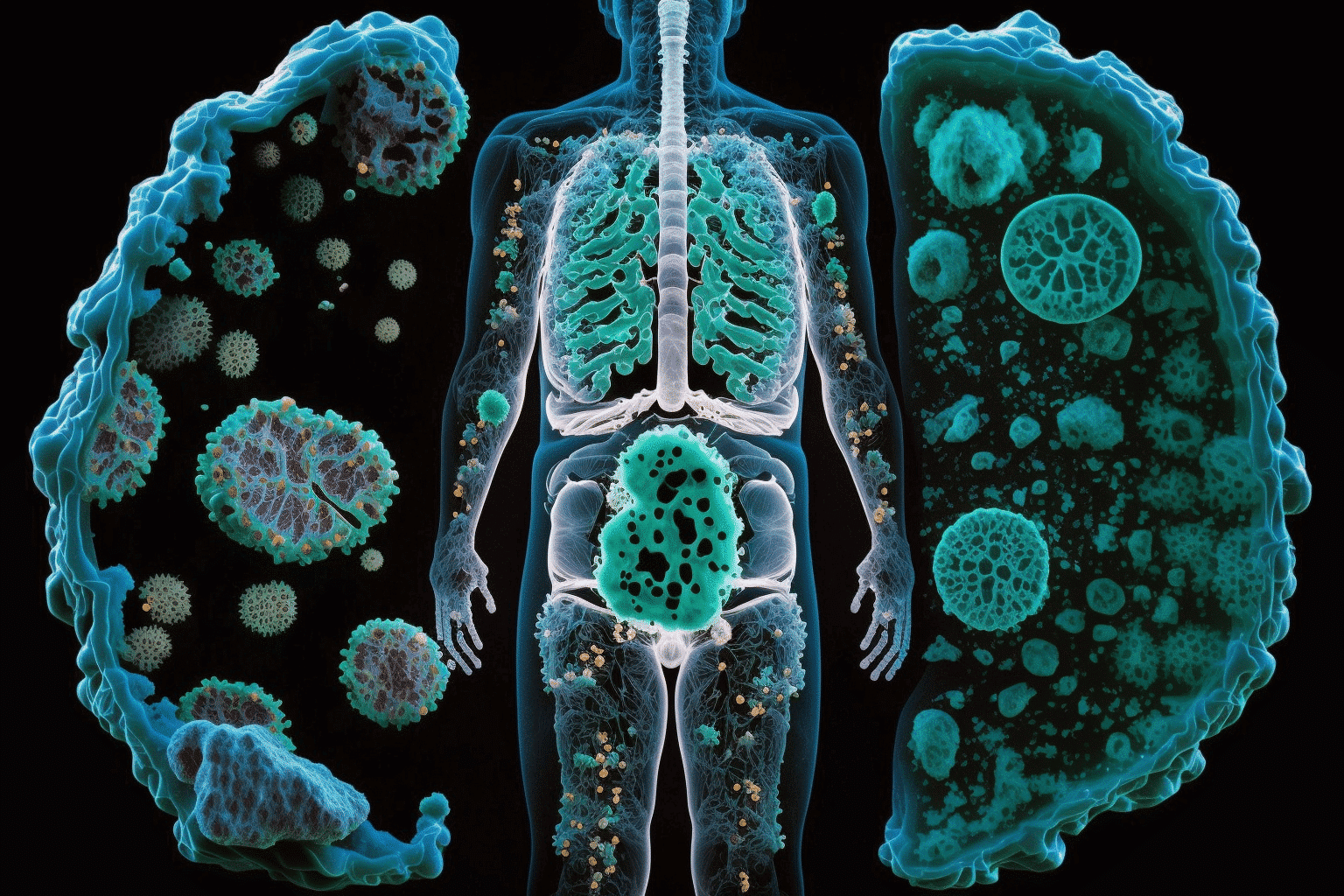The probiotic supplement industry, worth billions of dollars, promises numerous health benefits by filling your gut with helpful bacteria. However, for healthy individuals, these supplements might not be as beneficial as they seem and could cause harm.
Research indicates that consuming probiotic supplements, whether for general health or to counteract antibiotic side effects, can alter your microbiome and decrease gut microbial diversity, which is connected to various health issues.
Probiotic supplements are available in capsules, gummies, powders, and pills containing live microorganisms thought to improve gut health. Some people, particularly those with gastrointestinal issues, may benefit from these supplements. Studies have shown they can alleviate irritable bowel syndrome and inflammatory bowel disease symptoms, prevent traveller’s diarrhea, and minimize specific antibiotic side effects.
For most people, alternative gut microbiome nurturing methods are more reliable. Consuming various vegetables, nuts, seeds, beans, and whole grains can provide gut microbes with the fibre-rich nutrients they need to thrive. Eating fermented foods like yogurt, sauerkraut, kimchi, and kefir, which contain probiotics and other beneficial compounds, can positively impact the gut microbiome and overall health.
Your gut microbiome is a complex ecosystem of bacteria, viruses, archaea, and fungi, mainly located in your colon. Diverse gut microbiomes are associated with healthier aging and reduced disease risk. These microbes flourish on the fibre in fruits and vegetables, converting it into compounds such as butyrate, acetate, and other short-chain fatty acids that are highly beneficial to your health.
However, like any community, gut microbes can cooperate or compete. An imbalance of good and bad bacteria in your gut, known as dysbiosis, can occur. Most probiotic supplements contain a limited number of bacterial strains, mainly from lactobacillus, bifidobacterium, and other groups. These bacteria are shared and linked to various health benefits, but concentrated doses can disrupt the balance in your gut, says Lorenzo Cohen, a professor at the University of Texas MD Anderson Cancer Center.
Overcrowding your gut with specific bacterial strains can inadvertently cause dysbiosis, diminishing other beneficial microbes and reducing microbiome diversity.
Although people commonly take probiotics with antibiotics to restore gut microbiome balance and minimize side effects, one study revealed surprising results. Participants who took probiotics after antibiotic treatment had not returned to a normal microbiome even five months later and had less gut microbiome diversity compared to control or transplant groups.
In a different trial, probiotic supplements showed varied effects on different people. The results emphasize that probiotics can benefit some but worsen conditions for others.
Instead of supplements, some doctors recommend incorporating fermented foods into your diet. These foods contain not only probiotics but also prebiotics and postbiotics. Consuming fermented foods daily can reduce inflammation levels and increase gut microbiome diversity.
Introduce fermented foods gradually, such as using sauerkraut or kimchi as a garnish, eating plain yogurt for breakfast, or drinking unsweetened kefir as a snack or in a smoothie.
“If you’re prescribed an antibiotic or have a digestive ailment, consult your doctor about whether to take a probiotic supplement and which brand to choose. If you have a severe illness or a compromised immune system, you may be advised to avoid probiotics due to infection risk.
Instead of using supplements, consider adding fermented foods to your diet as a more natural source of probiotics. Dr. Chris Damman, a gastroenterologist at the Digestive Health Center at the University of Washington Medical Center, suggests that fermented foods can be considered “nature’s probiotics.”
Fermented foods offer multiple benefits, as they usually contain not only probiotics (live microbes) but also prebiotics (the fibres microbes feed on) and postbiotics (the vitamins and other nutrients they produce). In a study published in the journal Cell, researchers at Stanford found that consuming fermented foods daily over ten weeks reduced inflammation levels and increased gut microbiome diversity in participants.
If you’re new to fermented foods, it’s recommended to introduce them gradually into your diet. You can start by using sauerkraut or kimchi as a garnish, eating plain yogurt for breakfast, or enjoying a cup of unsweetened kefir as a snack or fruit smoothie.
Dr. Damman says, “I don’t take a probiotic, but I do eat a variety of fermented foods — and that’s generally the advice I give people.” This approach and consuming a fibre-rich, diverse diet can help support a healthy and diverse gut microbiome.
Probiotic supplements may not be universally beneficial, and their effects can vary among individuals. It’s essential to consult your healthcare professional before taking probiotics, particularly if you’re on antibiotics or have a specific health condition. For most people, including fermented foods and maintaining a diverse, fibre-rich diet is a more reliable way to promote a healthy gut microbiome.




